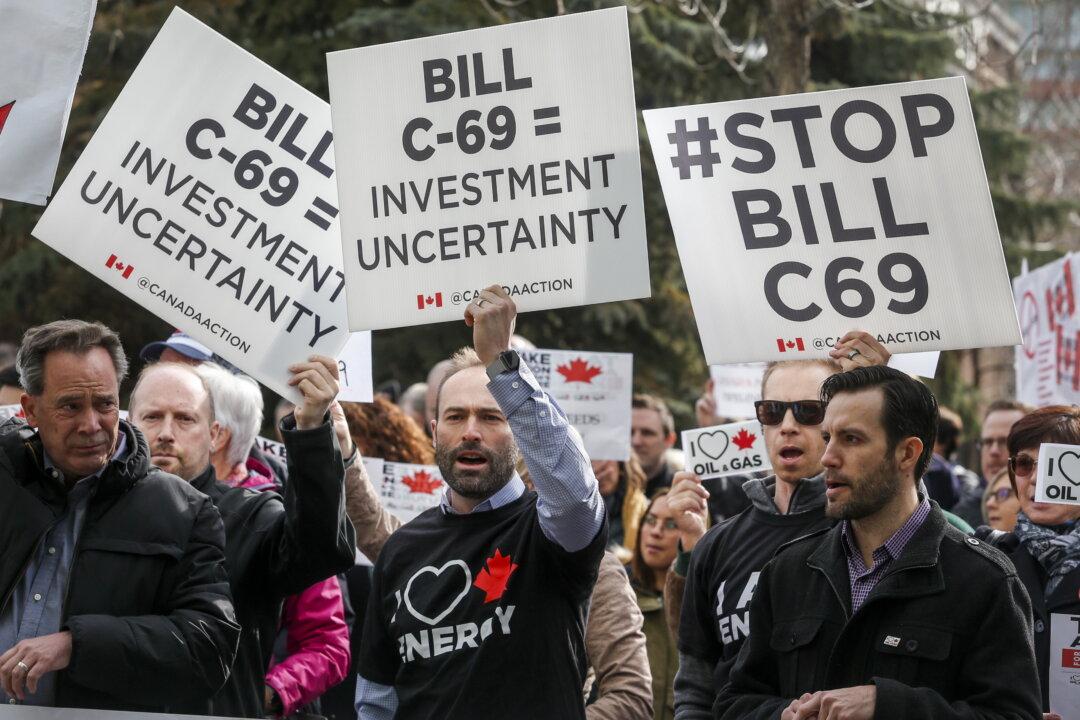Despite the fact that Albertans voted overwhelmingly—almost 70 percent of the popular vote—for the Conservative Party, it was the Liberals who won the election. The result has many Albertans questioning the place of their province within Canada.
The reason for Albertans’ anger is easy to explain. The Liberal government has done much to thwart the economic development of the province’s energy resources, and Prime Minister Justin Trudeau has promised to continue with these kinds of policies.
